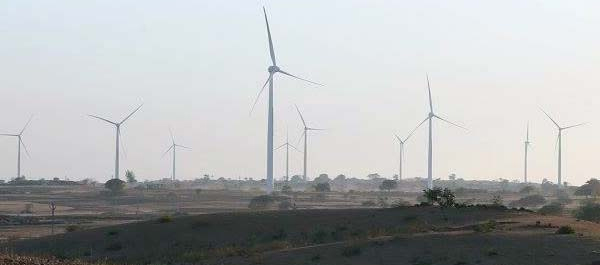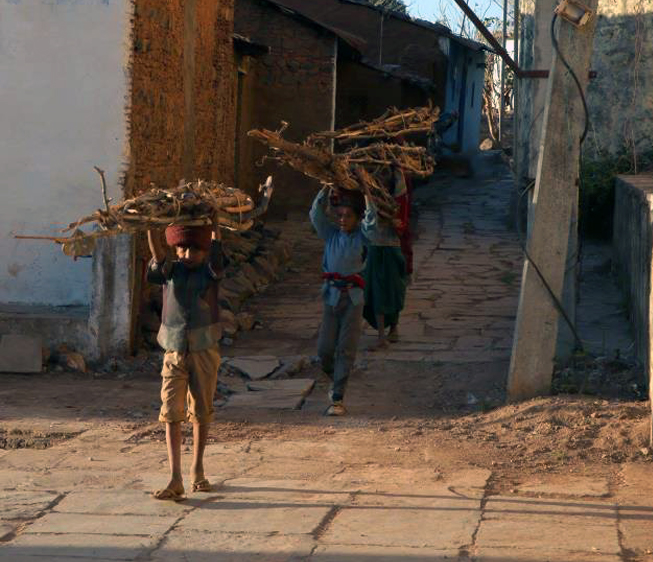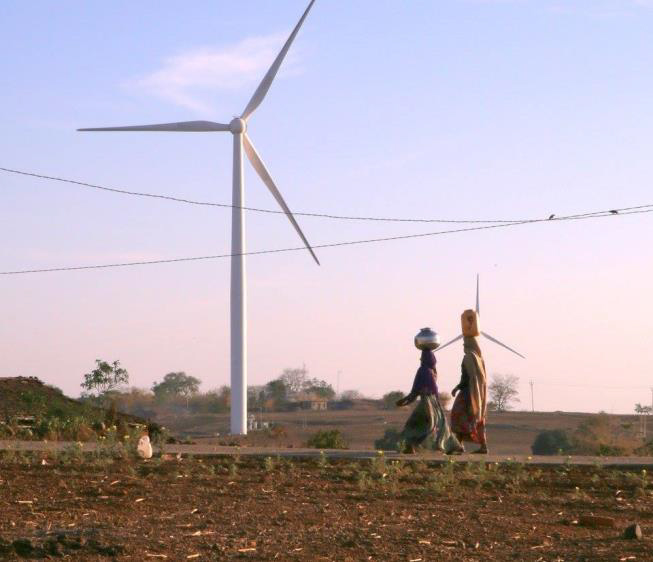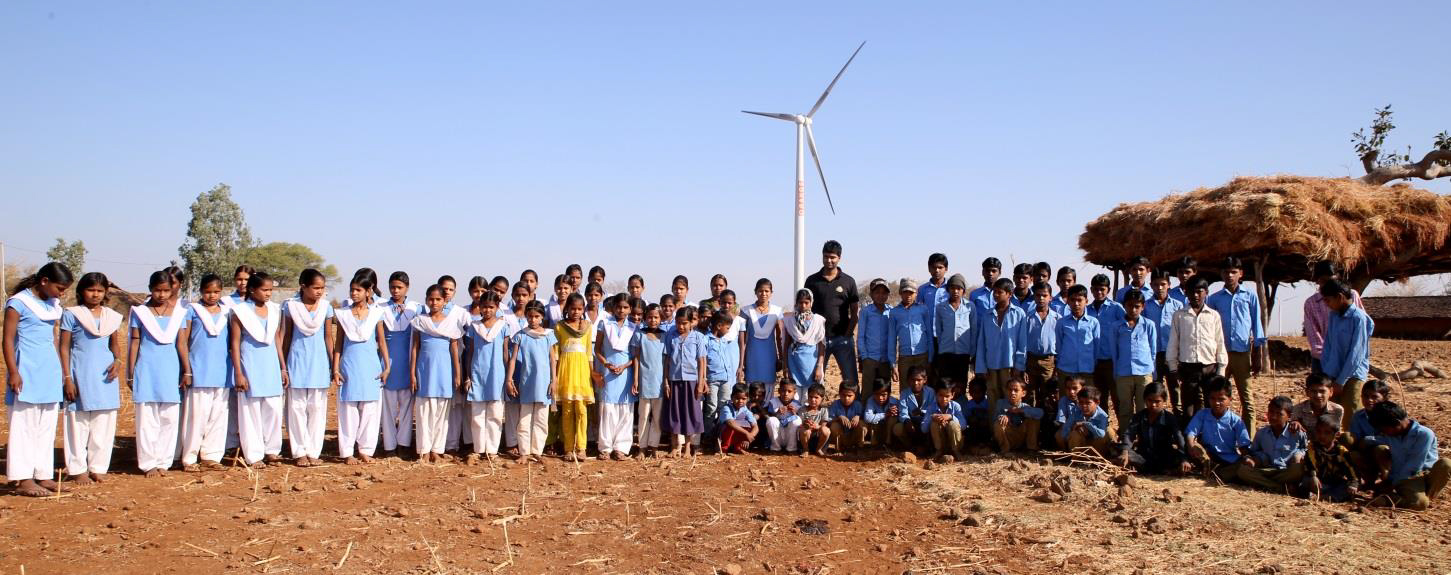VCS Projects
Orange Bundled Wind Power
India
Project Activity
The project activity is a 59.4 MW of wind power project in the state of Rajasthan in India. It generates ̴115GWh of clean energy to the regional electricity grid.The project is implemented in two locations:
Pratapgarh District: 19.5 MW (13 WTGs x 1.5MW ReGen V82)
Jaisalmer District: 39.9 MW (19 WTGs x 2.1MW Suzlon S88)
The project has been playing an important role in helping to meet the country’s increasing demand for electricity, reducing CO2 emissions and contributing to its economic growth and to the sustainable development of the local communities. The wind project is owned by Orange Renewable Group.
The project has also carried our ESIA study in line with the guidelines by IFC and also engages through frequent stakeholders’ consultation. Due to the wide variety of studies and measures undertaken before implementation of the project, it has gathered good support among the local population.
Standard: Verified Carbon Standard (VCS)
Name: Bundled Wind Power Project in Rajasthan by Orange Renewable Power Private Limited
VCS Project ID: 1465
Methodology: ACM0002
Location: Rajasthan, India
Type: Wind Power Project
Available VCUs: 2,27,611
Vintage wise VCUs Volume:
| Year | Volume |
|---|---|
| Mar-2013 to Dec-2013 | 82,991 |
| Jan-2014 to Dec-2014 | 120,566 |
| Jan-2015 to Mar-2015 | 24,054 |

Project Highlights
- The project is implemented in one of the most arid and backward districts in the country with most considerable Tribal population.
- The project adds clean energy to the power deficit NEWNE grid of India which is carbon intensive.
- Detailed ESIA (Environmental Social Impact Assessment) study was carried out before commissioning of the project.
- Detailed stakeholders’ consultation was carried out at the project locations to engage and involve local communities in the project activity.
- It has been adopted as a standard practice to monitor key parameters (Noise, shadow flicker, bird strikes and wildlife) as identified under ESIA to mitigate any impact on the surrounding environment and communities.
The Promoters:
The project activity is implemented by Orange Renewables Power (P) Limited, (Orange), which is a 100% subsidiary of AT Capital Group. Orange has been established with a vision to add clean energy to the Indian grid and promote sustainable development. The company has a strict policy towards environment & social development and hence the company carries out a details ESIA study before implementation of every project. These studies are carried out in spite the fact that there is no such regulatory requirement. Orange follows the principles outlined by IFC & similar institutions for development of the study report. Furthermore, all the projects carry out stakeholders’ meeting to engage the locals and also carryout Baseline study to understand the socio-economic condition of the project region. This in-turn helps in the development of region specific CSR plan.Some of the activity carried out by the company in the recent past:
| S. No | Areas of Work | Examples of activities carried out |
|---|---|---|
| 1 | Education infrastructure development | Distribution of 400 pieces of furniture & 3000 text books |
| 2 | Supporting the "Swachh Bharat" initiative of the Government of India (Sanitation) | by investing in Sanitary infrastructure in schools and community centres |
| 3 | Potable water supply infrastructure | Implementation of 2 water storage tanks, 3 RO systems for public use |
| 4 | Employment and Women Empowerment | Skill training and literacy |
| 5 | Environment | Ensuring no environmental impact by effective monitoring of environmental parameters and rigorous implementation of HSE policy. |
The Investors
AT Capital Group (ATC) is based on the founding principle of responsible investment. The AT Capital Group of companies adheres to international best practices with respect to environmental and social responsibility, corporate and ethical governance (ESG). The investors (ATC) have invested in the company with a vision to promote renewable energy in a country which needs it the most keeping in view of the rising emission charts.Currently, the investor is actively supporting various social causes including contributions to the following:
| S. No | Name of Organization | Area of Work | Location |
|---|---|---|---|
| 1 | Parivaar | Development of children victims of trafficking | West Bengal, India |
| 2 | Cankids | children with cancer and their families in India | All India |
| 3 | Akshaypatra | fights hunger and malnutrition in the country | All India |
| 4 | Ayala | Welfare of children from low income group | Kazakhstan |
| 5 | Dwarakamaiseva | Old age home, for the abandoned senior citizens | Shirdi, India |
The Project Region:
The project is located in one of the most arid regions in the country and has very poor socio-economic statistics.The region of Dalot (19.5 MW) has a very high Schedule Tribe population; constituting over 60%. The Literacy rate is also less than 45% (more than 55% illiterates) with women literacy being well below 38%.
The region of Pokharan (39.9 MW) too has a very poor literacy rate at well over 60% are illiterates. There is only one literate woman to every three literate men. The region has a moderate Scheduled Caste & Scheduled Tribe population.
Some of the Project Region Photographs




The project is also helping local schools in providing the basic infrastructure
